Professional Proofreading Training Course In Norway
Our corporate training course is also available in Oslo, Bergen, Stavanger, Trondheim, Drammen, Fredrikstad, Kristiansand, Sandnes, Tromsø, Sarpsborg, Skien, Ålesund, Sandefjord, Haugesund, Tønsberg, Moss, Porsgrunn, Bodø, Arendal, Hamar, Ytrebygda, Larvik, Halden, Lillehammer, Mo i Rana, Molde, Horten, Gjøvik, Askøy, Kristiansund, Flåm, Geiranger, Svolvær, and Kirkenes.
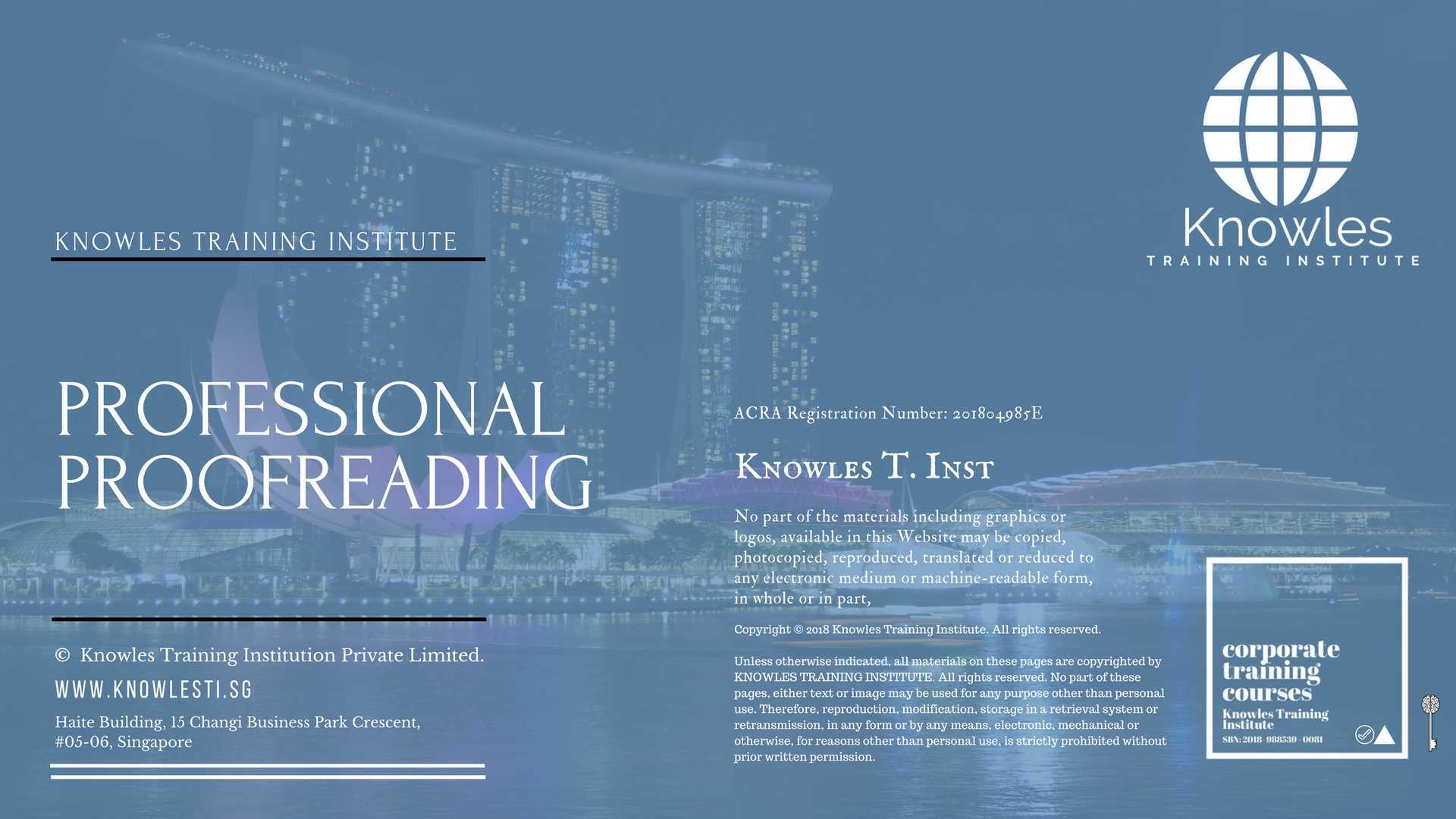
About This Professional Proofreading Training Course in Norway
Professional Proofreading Course in Norway
The last part of the writing process, proofreading involves another person, preferably a professional, to review a written piece for errors concerning grammar and spelling. It is universally suggested that a person should not proofread his/her own work to avoid bias. Through professional proofreading, the written document is guaranteed to be clean, understandable, and error-free.
Who Should Attend This Professional Proofreading Course in Norway Workshop
This Professional Proofreading Course in Norway workshop is ideal for anyone who would like to gain a strong grasp and improve their Professional Proofreading.
All Staff Within An Organisation
Managers
Team Leaders
Executives
Assistants
Officers
Secretaries
Group Size For This Professional Proofreading Training Program in Norway
The ideal group size for this Professional Proofreading course in Norway is:
Minimum: 5 Participants
Maximum: 15 Participants
Course Duration For This Professional Proofreading Skills Course in Norway
The duration of this Professional Proofreading Course in Norway workshop is 2 full days. Knowles Training Institute Norway will also be able to contextualised this workshop according to different durations; 3 full days, 1 day, half day, 90 minutes and 60 minutes.
2 Full Days
9 a.m to 5 p.m
Professional Proofreading Course in Norway Benefits
Below is the list of course benefits of our Professional Proofreading course in Norway
- Learn what proofreading is
- Learn why proofreading is important
- Understand the different elements of proofreading
- Develop a notion of proofreading rather than editing
- Obtain skills in grammar
Professional Proofreading Course in Norway Objectives
Below is the list of course objectives of our Professional Proofreading course in Norway
- Develop an understanding of how to use punctuation to your advantage
- Build a reputation as a reliable proof-reader to improve others’ writing
- Develop an understanding of the rules of grammar
- Assess previous examples of perfect writing to try replicate this in future proofreading
- Resolve issues by ensuring writing is as perfectly constructed as possible
- Communicate with clients in a way that makes them feel you are improving their work
Course Content For This Professional Proofreading Training Course in Norway
Below is the list of course content of our Professional Proofreading training course in Norway
- What is proofreading?
- Why do we proofread?
- The difference between proofreading and editing
- Your role as a proof-reader
- What is not your responsibility as a proof-reader
- Do’s and Don’ts of proofreading
- Practicing proofreading
Professional Proofreading Course in Norway Value Added Materials
Each participant will receive the following materials for the Professional Proofreading course in Norway
Professional Proofreading Course Learner’s Guide
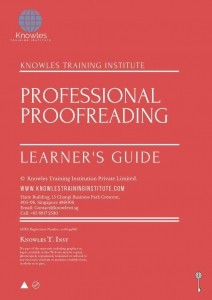
Professional Proofreading Course in Norway Handouts
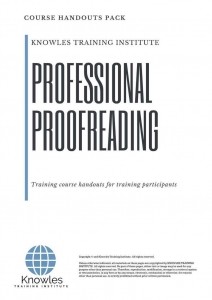
Professional Proofreading Course in Norway PPT Slides Used During Course
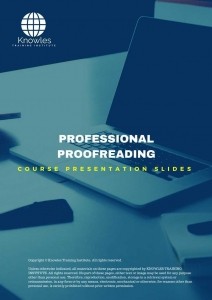
Professional Proofreading Course in Norway Certification
Each course participant will receive a certification of training completion
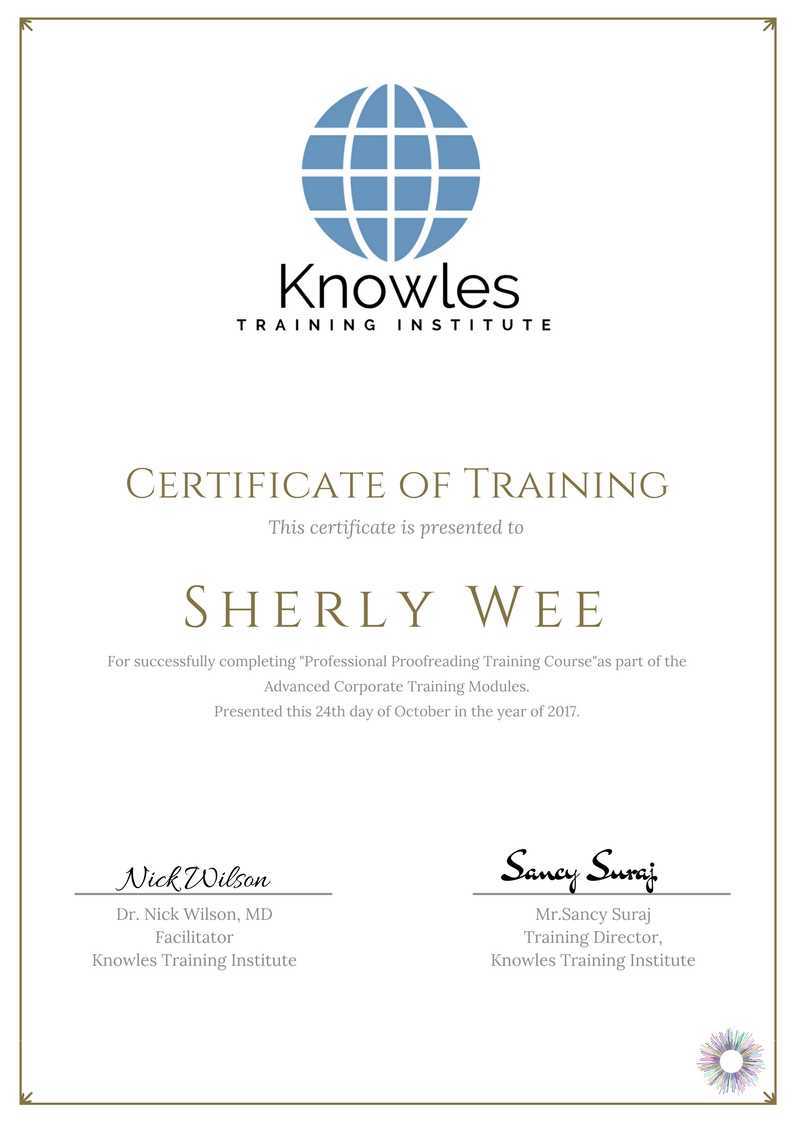
Course Fees For Professional Proofreading Course in Norway
There are 4 pricing options available for this Professional Proofreading training course in Norway. Course participants not in Norway may choose to sign up for our online Professional Proofreading training course in Norway.
- USD 679.97 For a 60-minute Lunch Talk Session.
- USD 289.97 For a Half Day Course Per Participant.
- USD 439.97 For a 1 Day Course Per Participant.
- USD 589.97 For a 2 Day Course Per Participant.
- Discounts available for more than 2 participants.
Course Discounts, Fundings & Subsidies
We have the following discounts, fundings & subsidies for this Professional Proofreading training course in Norway

Upcoming Professional Proofreading Training Course in Norway Schedule
Contact us for the latest Professional Proofreading course in Norway schedules:
Email: contact@knowlesti.co.no
Message:
Download Professional Proofreading Course in Norway Brochure
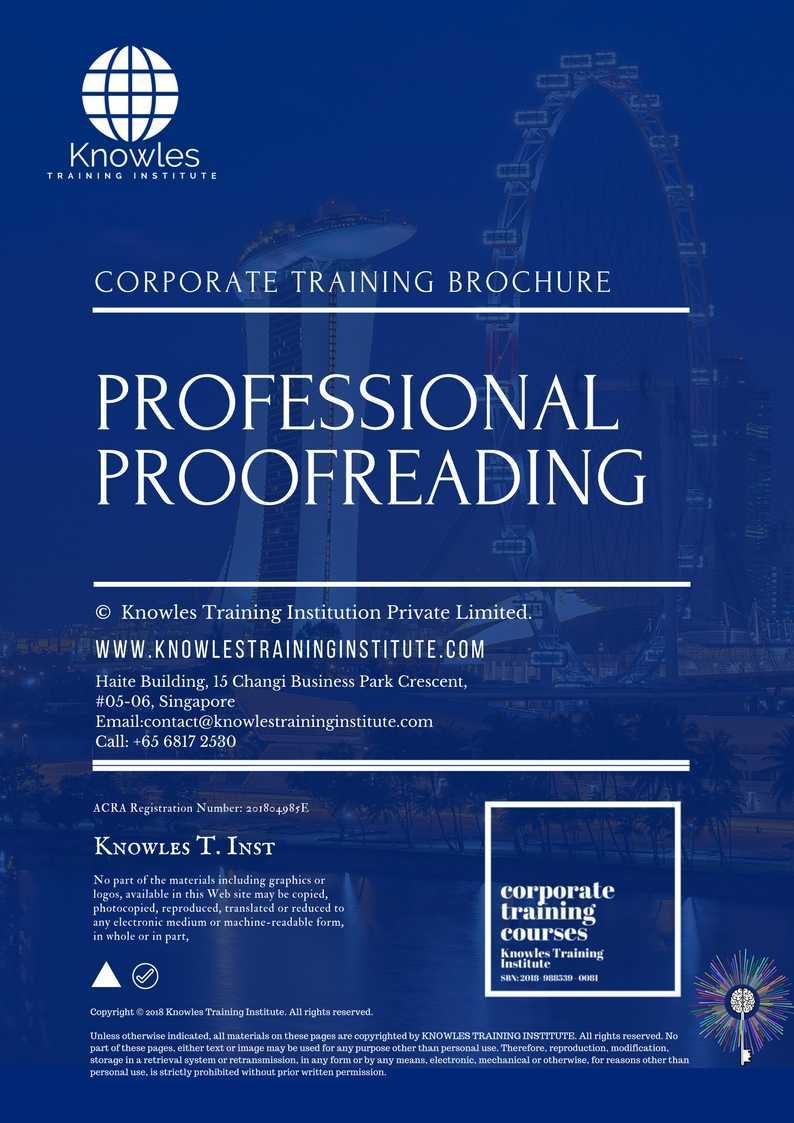
Request for this Professional Proofreading course in Norway brochure. Fill up the short information below and we will send it to you right away!
Post Training Support: A vast majority of training does not have any effect beyond 120 days. To work, training has to have a strong pre- and post-training component. Post-training reinforcement helps individuals to recall the understanding and ask questions.
Blended Learning: Learning does not occur in the classroom. Virtually everybody prefers distinct ways of learning. Successful learning should have a multi-channel, multi-modal strategy.
- We Understand The Industry: We’ve got a profound comprehension of the business, business design, challenges, strategy and the that our participants are in and have designed the courseware to cater to their professional needs.
- Course Content: Knowles Training Institute’s material is relevant, of high quality and provide specific learning results. Participants will leave the training course feeling as they have gained a strong understanding and will also be in a position to execute what they have learned sensibly.
Course Development — The workshop modules follow a systematic and logical arrangement. This structure helps to ensure that the course material allows the facilitators to deliver the course in a logical arrangement. Consider the subjects as building bricks into learning, our facilitators slowly build towards a comprehensive picture of this entire topic.
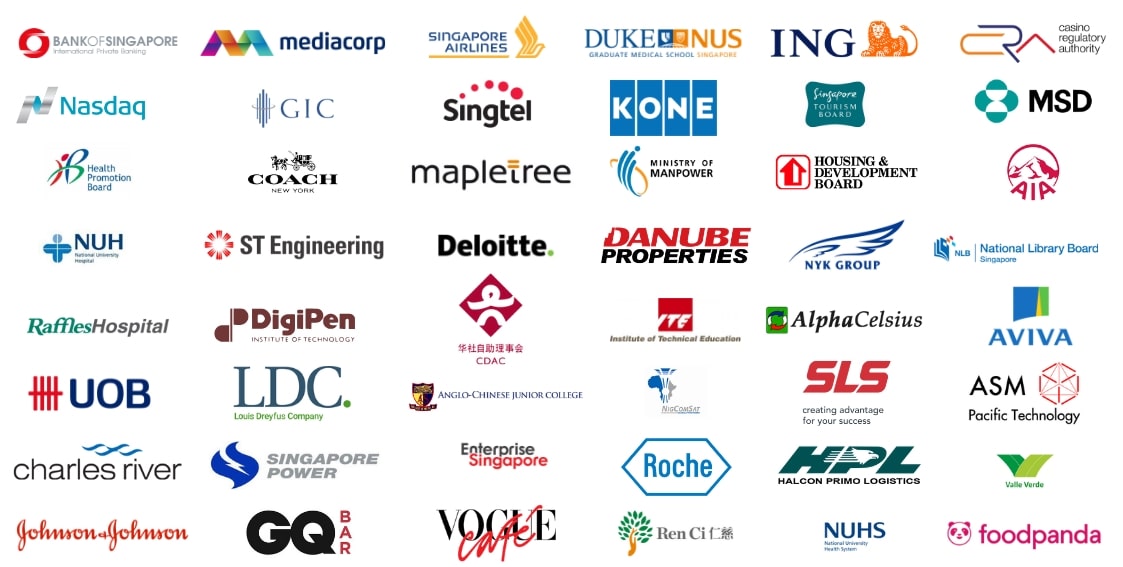

Course Enquiries

Fill up the form and we will get back to you in less than 1 working day.
Alternatively, give us a call to have one of our training consultants contact you. Our corporate training courses can be contextualized to meet your organization’s training needs. Leverage on our large pool of professional trainers and consultants for your organization’s training needs.
Email: contact@knowlesti.co.no
We Guarantee 100% Privacy. We Respect Your Privacy. Your Information Will Never Be Shared.

